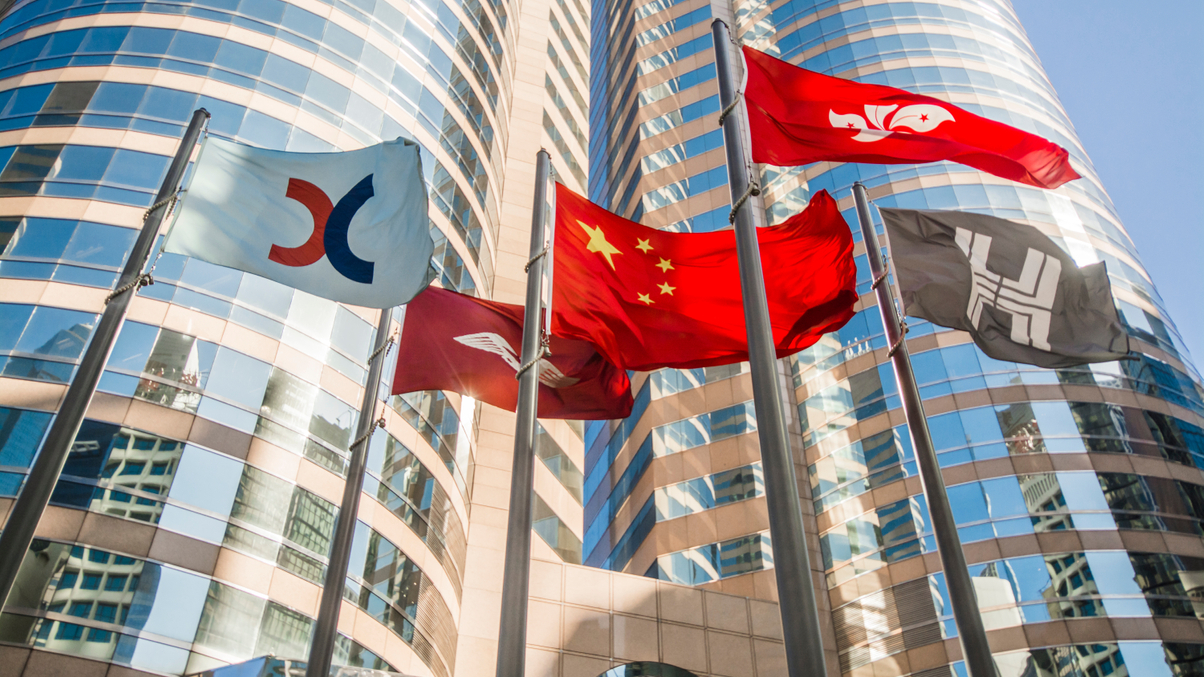Asia asset owners eagerly awaiting cheaper China tech re-listings
A regulation overhaul and homecoming of Chinese companies will make Hong Kong and Chinese equity markets more investable for international investors in the long term.

Some Asian asset owners believe US-listed Chinese companies will increasingly favour re-listing in Hong Kong or China and mainland firms planning new listings will prioritise the former, following Beijing’s decision to more heavily scrutinise homegrown internet companies.
Sign in to read on!
Registered users get 2 free articles in 30 days.
Subscribers have full unlimited access to AsianInvestor
Not signed up? New users get 2 free articles per month, plus a 7-day unlimited free trial.
¬ Haymarket Media Limited. All rights reserved.


